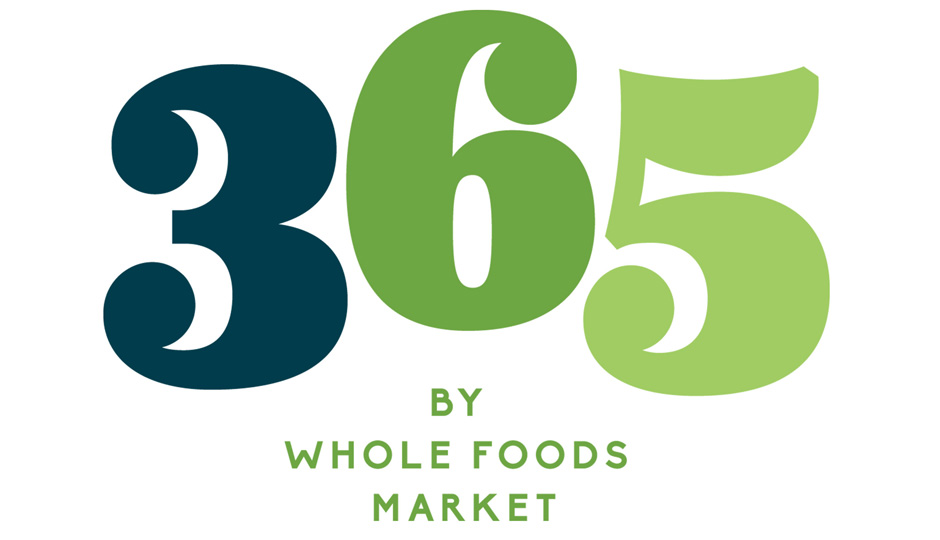BizFeed: Whole Foods Reveals Cheaper Supermarket Chain

Meet Whole Foods’ sister supermarket.
1. Whole Foods For All
The News: Long considered too expensive by many, Whole Foods revealed details about its highly anticipated, moderately priced grocery chain. It’ll be called 365 by Whole Foods Market. It’s named after the company’s cheaper in-store brand.
Why It Matters: The launch of a less expensive Whole Foods not only makes the brand more inclusive, but will surely take a bite out of traditional grocery stores like Acme and Giant.
Plus, retailers of all types have had Whole Foods in their crosshairs — trying to get a piece of the ever-growing market for organic and healthy foods. Now Whole Foods is “going on the attack,” said co-CEO Walter Robb.
Fortune has more:
As consumers have gravitated toward fresh and organic products, mainstream retailers have fought for a piece of the market that Whole Foods helped originate. Wal-Mart WMT 0.01% , for example, has launched its own organic line of products, while Kroger’s KR 0.69% Simple Truth brand of natural goods reached $1 billion in annual sales in less than two years after launching in 2012.
The 365 announcement from Whole Foods is a clear sign that the company is throwing down the gauntlet.
The Street argues that the new Whole Foods chain will be a thorn in the side of Wal-Mart.
Similar to Whole Foods’ plan, Wal-Mart has been making those organics available in smaller stores called Neighborhood Markets.
Wal-Mart began its rollout of organic food under the Wild Oats brand back in April 2014. These organic products such as canned vegetables and spices were hyped as being 25% cheaper than national brands.
Since then, Wal-Mart has been relatively quiet about its efforts to expand further into health and wellness products. But the aisles of Wal-Mart’s stores are certainly being stuffed with healthier fare. According to Irwin Simon, the CEO of Hain Celestial(HAIN), which makes many natural and organic food products, Wal-Mart will be adding over 50,000 new points of distributions for Hain’s products in its stores this year.
2. Companies Ditching Landlines
The News: Many families don’t have landline phones in their homes, so why do companies have landlines in their offices? The Wall Street Journal’s At Home blog highlighted Jet.com which got rid of phones and voicemail altogether:
The no-phone policy has saved an amount of money that “wasn’t insignificant,” but that wasn’t the point, according to Mr. Lore. “Even if the phones were free we wouldn’t have them.”
Desk phones “assume that you’re in a specific location and that’s not the way the modern world works,” he said. Instead, Jet’s roughly 250 workers communicate via messaging service Slack, email or text. Occasionally they’ll take calls on their personal cellphones–the company doesn’t provide them. And voicemail? Forget about it.
Why It Matters: Landlines are beginning to look like relics of a bygone era. Workers these days are mobile and not expected to be in one place all day. Think about it, who answers unsolicited phone calls these days? Everyone just screens their calls and then calls back. Or more likely, they’ll email you back and forget about the phone conversation altogether. Isn’t technology fun?
3. Storefront Improvement Program Faces Criticism
The News: Small business owners in Philadelphia are critical of City Council’s new Storefront Improvement Program. It provides $535,000 in state and federal grants to help retailers in neighborhoods like Tacony attract more customers.
Why It Matters: The Philadelphia Business Journal reports that business owners have found that the process comes with increased costs and lots of red tape because $400,000 comes from a federal grant with big of restrictions. Those include “additional paperwork, including detailed payroll tracking, and statements on project objectives and progress.”


